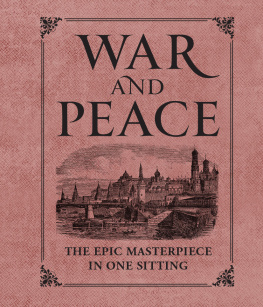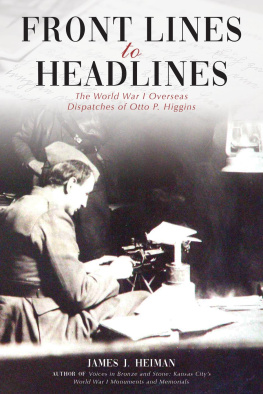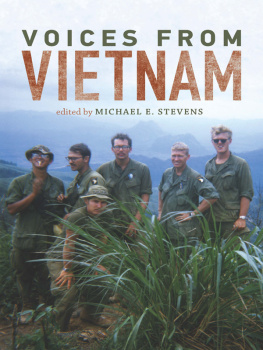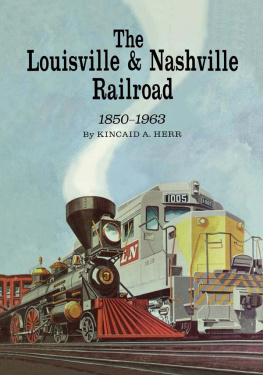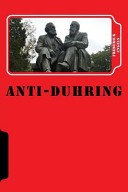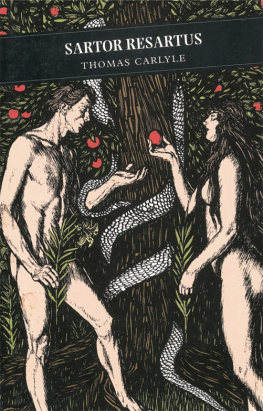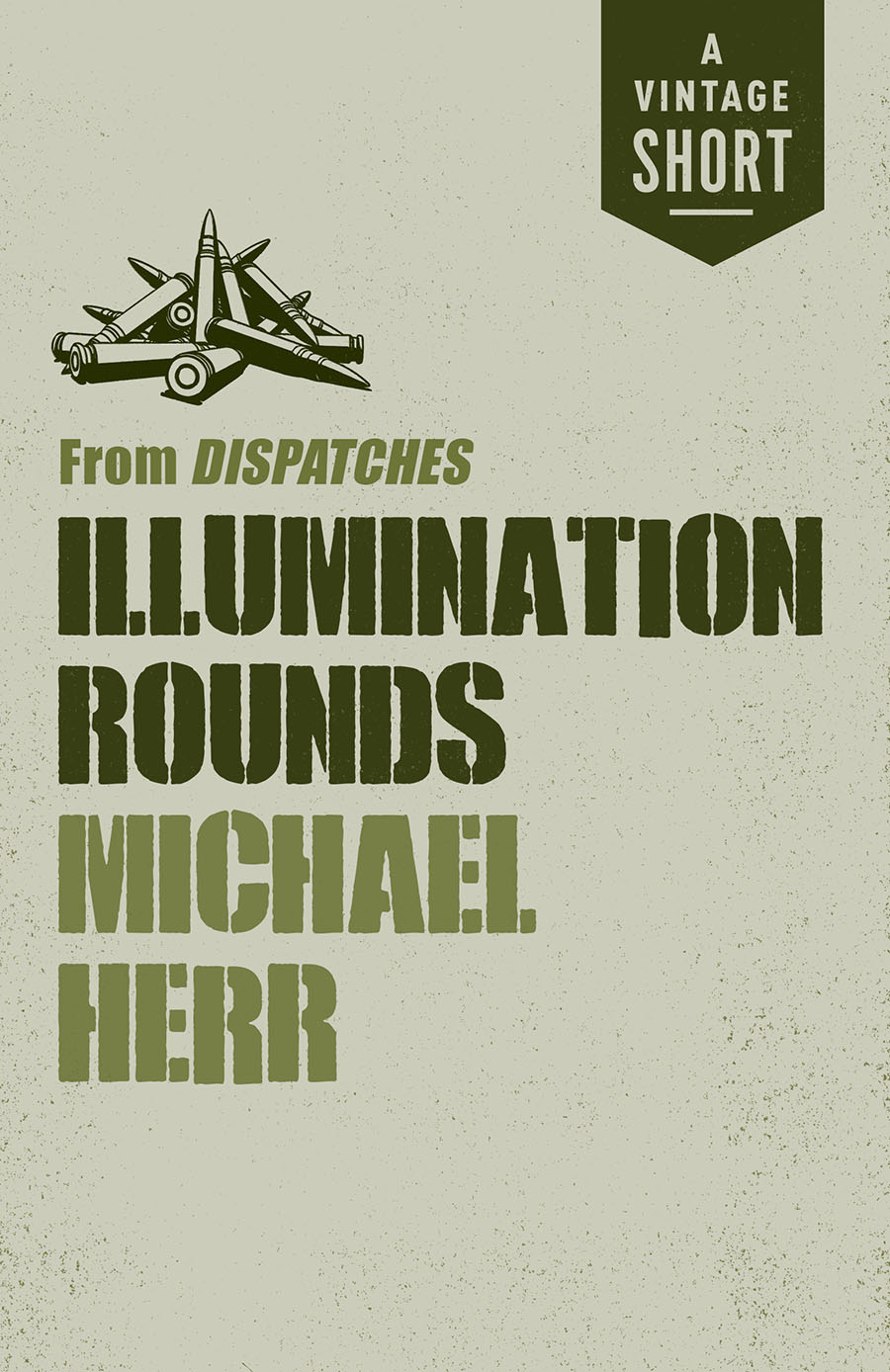Contents
Michael Herr
Michael Herr is the author of Dispatches, The Big Room, and Walter Winchell, and coauthor of the screenplays for Apocalypse Now and Full Metal Jacket.
Illumination Rounds
from Dispatches
Michael Herr
A Vintage Short
Vintage Books
A Division of Penguin Random House LLC
New York
Copyright 1968, 1969, 1970, 1977 by Michael Herr
All rights reserved. Published in the United States by Vintage Books, a division of Penguin Random House LLC, New York, and in Canada by Random House of Canada, a division of Penguin Random House Canada Limited, Toronto. Originally published in hardcover as part of Dispatches by Alfred A. Knopf, Penguin Random House LLC, New York, in 1977.
Vintage and colophon are registered trademarks of Penguin Random House LLC.
The Cataloging-in-Publication Data for Dispatches is available from the Library of Congress.
Vintage eShort ISBN 9780525562375
Series cover design by Cardon Webb
Cover image dezmond55/123RF
www.vintagebooks.com
v4.1
a
Contents
We were all strapped into the seats of the Chinook, fifty of us, and something, someone was hitting it from the outside with an enormous hammer. How do they do that? I thought, were a thousand feet in the air! But it had to be that, over and over, shaking the helicopter, making it dip and turn in a horrible out-of-control motion that took me in the stomach. I had to laugh, it was so exciting, it was the thing I had wanted, almost what I had wanted except for that wrenching, resonant metal-echo; I could hear it even above the noise of the rotor blades. And they were going to fix that, I knew they would make it stop. They had to, it was going to make me sick.
They were all replacements going in to mop up after the big battles on Hills 875 and 876, the battles that had already taken on the name of one great battle, the battle of Dak To. And I was new, brand new, three days in-country, embarrassed about my boots because they were so new. And across from me, ten feet away, a boy tried to jump out of the straps and then jerked forward and hung there, his rifle barrel caught in the red plastic webbing of the seat back. As the chopper rose again and turned, his weight went back hard against the webbing and a dark spot the size of a babys hand showed in the center of his fatigue jacket. And it grewI knew what it was, but not reallyit got up to his armpits and then started down his sleeves and up over his shoulders at the same time. It went all across his waist and down his legs, covering the canvas on his boots until they were dark like everything else he wore, and it was running in slow, heavy drops off of his fingertips. I thought I could hear the drops hitting the metal strip on the chopper floor. Hey!Oh, but this isnt anything at all, its not real, its just some thing theyre going through that isnt real. One of the door gunners was heaped up on the floor like a cloth dummy. His hand had the bloody raw look of a pound of liver fresh from the butcher paper. We touched down on the same lz we had just left a few minutes before, but I didnt know it until one of the guys shook my shoulder, and then I couldnt stand up. All I could feel of my legs was their shaking, and the guy thought Id been hit and helped me up. The chopper had taken eight hits, there was shattered plastic all over the floor, a dying pilot up front, and the boy was hanging forward in the straps again, he was dead, but not (I knew) really dead.
It took me a month to lose that feeling of being a spectator to something that was part game, part show. That first afternoon, before Id boarded the Chinook, a black sergeant had tried to keep me from going. He told me I was too new to go near the kind of shit they were throwing around up in those hills. (You a reporter? hed asked, and Id said, No, a writer, dumbass and pompous, and hed laughed and said, Careful. You cant use no eraser up where you wanna go.) Hed pointed to the bodies of all the dead Americans lined in two long rows near the chopper pad, so many that they could not even cover all of them decently. But they were not real then, and taught me nothing. The Chinook had come in, blowing my helmet off, and I grabbed it up and joined the replacements waiting to board. Okay, man, the sergeant said. You gotta go, you gotta go. Alls I can say is, I hope you get a clean wound.
The battle for Hill 875 was over, and some survivors were being brought in by Chinook to the landing strip at Dak To. The 173rd Airborne had taken over 400 casualties, nearly 200 killed, all on the previous afternoon and in the fighting that had gone on all through the night. It was very cold and wet up there, and some girls from the Red Cross had been sent up from Pleiku to comfort the survivors. As the troops filed out of the helicopters, the girls waved and smiled at them from behind their serving tables. Hi, soldier! Whats your name? Where you from, soldier? Ill bet some hot coffee would hit the spot about now.
And the men from the 173rd just kept walking without answering, staring straight ahead, their eyes rimmed with red from fatigue, their faces pinched and aged with all that had happened during the night. One of them dropped out of line and said something to a loud, fat girl who wore a Peanuts sweatshirt under her fatigue blouse and she started to cry. The rest just walked past the girls and the large, olive-drab coffee urns. They had no idea of where they were.
A senior NCO in the Special Forces was telling the story: We was back at Bragg, in the NCO Club, and this schoolteacher comes in an shes real good-lookin. Dusty here grabs her by the shoulders and starts runnin his tongue all over her face like shes a fuckin ice-cream cone. An you know what she says? She says, I like you. Youre different.
At one time they would have lighted your cigarette for you on the terrace of the Continental Hotel. But those days are almost twenty years gone, and anyway, who really misses them? Now there is a crazy American who looks like George Orwell, and he is always sleeping off his drinks in one of the wicker chairs there, slumped against a fable, starting up with violence, shouting and then going back to sleep. He makes everyone nervous, especially the waiters; the old ones who had served the French and the Japanese and the first American journalists and OSS types (those noisy bastards at the Continental, Graham Greene called them) and the really young ones who bussed the tables and pimped in a modest way. The little elevator boy still greets the guests each morning with a quiet a va? but he is seldom answered, and the old baggage man (he also brings us grass) will sit in the lobby and say, How are you tomorrow?
Ode to Billy Joe plays from speakers mounted on the terraces corner columns, but the air seems too heavy to carry the sound right, and it hangs in the corners. There is an exhausted, drunk master sergeant from the 1st Infantry Division who has bought a flute from the old man in khaki shorts and pith helmet who sells instruments along Tu Do Street. The old man will lean over the butt-strewn flower boxes that line the terrace and play Frre Jacques on a wooden stringed instrument. The sergeant has bought the flute, and he is playing it quietly, pensively, badly.
The tables are crowded with American civilian construction engineers, men getting $30,000 a year from their jobs on government contracts and matching that easily on the black market. Their faces have the look of aerial photos of silicone pits, all hung with loose flesh and visible veins. Their mistresses were among the prettiest, saddest girls in Vietnam. I always wondered what they had looked like before theyd made their arrangements with the engineers. Youd see them at the tables there, smiling their hard, empty smiles into those rangy, brutal, scared faces. No wonder those men all looked alike to the Vietnamese. After a while they all looked alike to me. Out on the Bien Hoa Highway, north of Saigon, there is a monument to the Vietnamese war dead, and it is one of the few graceful things left in the country. It is a modest pagoda set above the road and approached by long flights of gently rising steps. One Sunday, I saw a bunch of these engineers gunning their Harleys up those steps, laughing and shouting in the afternoon sun. The Vietnamese had a special name for them to distinguish them from all other Americans; it translated out to something like The Terrible Ones, although Im told that this doesnt even approximate the odium carried in the original.


